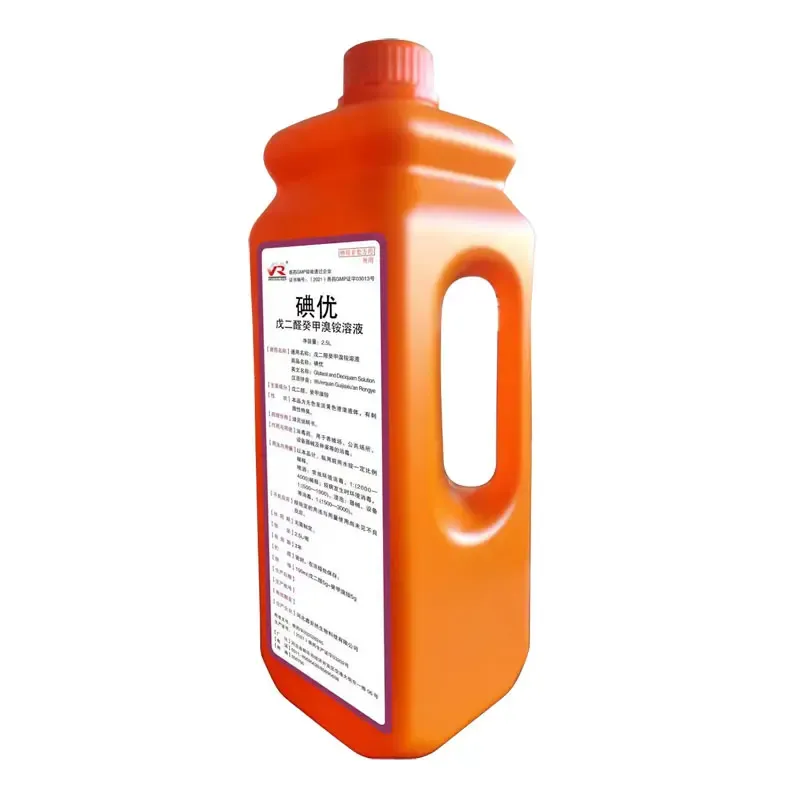- Afrikaans
- Albanian
- Amharic
- Arabic
- Armenian
- Azerbaijani
- Basque
- Belarusian
- Bengali
- Bosnian
- Bulgarian
- Catalan
- Cebuano
- Corsican
- Croatian
- Czech
- Danish
- Dutch
- English
- Esperanto
- Estonian
- Finnish
- French
- Frisian
- Galician
- Georgian
- German
- Greek
- Gujarati
- Haitian Creole
- hausa
- hawaiian
- Hebrew
- Hindi
- Miao
- Hungarian
- Icelandic
- igbo
- Indonesian
- irish
- Italian
- Japanese
- Javanese
- Kannada
- kazakh
- Khmer
- Rwandese
- Korean
- Kurdish
- Kyrgyz
- Lao
- Latin
- Latvian
- Lithuanian
- Luxembourgish
- Macedonian
- Malgashi
- Malay
- Malayalam
- Maltese
- Maori
- Marathi
- Mongolian
- Myanmar
- Nepali
- Norwegian
- Norwegian
- Occitan
- Pashto
- Persian
- Polish
- Portuguese
- Punjabi
- Romanian
- Russian
- Samoan
- Scottish Gaelic
- Serbian
- Sesotho
- Shona
- Sindhi
- Sinhala
- Slovak
- Slovenian
- Somali
- Spanish
- Sundanese
- Swahili
- Swedish
- Tagalog
- Tajik
- Tamil
- Tatar
- Telugu
- Thai
- Turkish
- Turkmen
- Ukrainian
- Urdu
- Uighur
- Uzbek
- Vietnamese
- Welsh
- Bantu
- Yiddish
- Yoruba
- Zulu
Dec . 10, 2024 00:58 Back to list
Effective Treatments for Tapeworms in Dogs and Their Recommended Dosage
Understanding Dog Tapeworm Pills A Comprehensive Guide
When it comes to the health and well-being of our beloved canine companions, there are few things more important than keeping them free from parasites. One common issue that dog owners face is tapeworm infestations. Understanding tapeworm pills, their importance, and how to administer them can help ensure your dog remains healthy and happy.
What Are Tapeworms?
Tapeworms are flat, segmented worms that can infect dogs through the ingestion of infected fleas or contaminated food. There are several species of tapeworms that can affect dogs, with the most common being Dipylidium caninum and Echinococcus spp. These parasites attach themselves to the dog’s intestinal lining and can grow significantly, leading to various health issues.
Symptoms of Tapeworm Infestation
Recognizing a potential tapeworm infestation in your dog is crucial for timely treatment. Common symptoms include
1. Weight Loss Despite having a good appetite, dogs with tapeworms may lose weight. 2. Lethargy Infected dogs often show signs of fatigue and reduced energy levels. 3. Itching Around the Anus Dogs may become irritated and excessively lick or bite at their rear end due to the presence of tapeworm segments, which can be seen in their feces or around the anus. 4. Visible Segments Often, dried segments of the tapeworm, resembling grains of rice, can be found in your dog’s fur or feces.
If your dog exhibits these symptoms, it is essential to consult a veterinarian for a proper diagnosis and treatment plan.
The Importance of Tapeworm Pills
Tapeworm pills, also known as dewormers, are specifically designed to eliminate tapeworm infestations in dogs. They work by targeting the adult worms in the intestines, causing them to detach from the intestinal lining and be expelled through the dog’s feces. Regular use of tapeworm pills, along with good flea control and hygiene practices, can help prevent infestations.
Types of Tapeworm Pills
There are several types of tapeworm medications available, which your veterinarian may prescribe based on the specific type of tapeworm affecting your dog. Commonly used medications include
- Praziquantel This is one of the most effective treatments for tapeworms and is available in both oral and injectable forms. It works by disrupting the tapeworm’s skin, allowing it to be killed and eliminated from the body.
- Fenbendazole This medication is often used for a wide variety of intestinal parasites, including tapeworms. It’s available in granule form and is usually taken over a series of days.
dog tapeworm pills

- Niclosamide While not commonly used in the United States, this effective tapeworm treatment is worth mentioning. It is usually available by prescription and works similarly to praziquantel.
Always follow your vet's guidance on the proper dosage and duration of treatment to ensure the best outcomes and avoid any potential side effects.
Administering Tapeworm Pills
Administering tapeworm medication to your dog can be a straightforward process, though it may require some creativity if your dog is fussy about taking pills. Here are some tips
- Hide in Food Wrap the pill in a small piece of cheese, peanut butter, or another treat they love. This method often works wonders.
- Use a Pill Dispenser These devices allow you to place the pill at the back of the dog’s throat, making it easier for them to swallow.
- Ask Your Veterinarian If your dog is particularly difficult, there are liquid formulations or flavored chewable tablets available that may be easier for your pet to ingest.
Preventative Measures
While tapeworm pills are effective for treatment, prevention is key to keeping your dog healthy. Here are some preventive measures
- Flea Control Since fleas are a primary vector for tapeworms, maintaining a regular flea control regimen is essential.
- Regular Vet Check-ups Routine veterinary visits can help identify and prevent infestations before they become serious.
- Hygiene Regularly cleaning your dog’s living space and maintaining good sanitation can help minimize the risk of tapeworm exposure.
Conclusion
Understanding tapeworms and the medications available to combat them is essential for any dog owner. Regularly monitoring your dog for signs of infestation, providing preventive care, and consulting your veterinarian will go a long way in ensuring your furry friend's health. Remember, a healthy dog is a happy dog, and keeping parasites at bay is a crucial part of responsible pet ownership.
-
Guide to Oxytetracycline Injection
NewsMar.27,2025
-
Guide to Colistin Sulphate
NewsMar.27,2025
-
Gentamicin Sulfate: Uses, Price, And Key Information
NewsMar.27,2025
-
Enrofloxacin Injection: Uses, Price, And Supplier Information
NewsMar.27,2025
-
Dexamethasone Sodium Phosphate Injection: Uses, Price, And Key Information
NewsMar.27,2025
-
Albendazole Tablet: Uses, Dosage, Cost, And Key Information
NewsMar.27,2025













